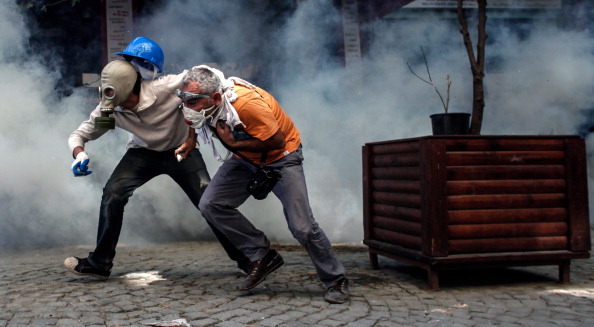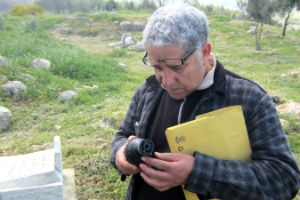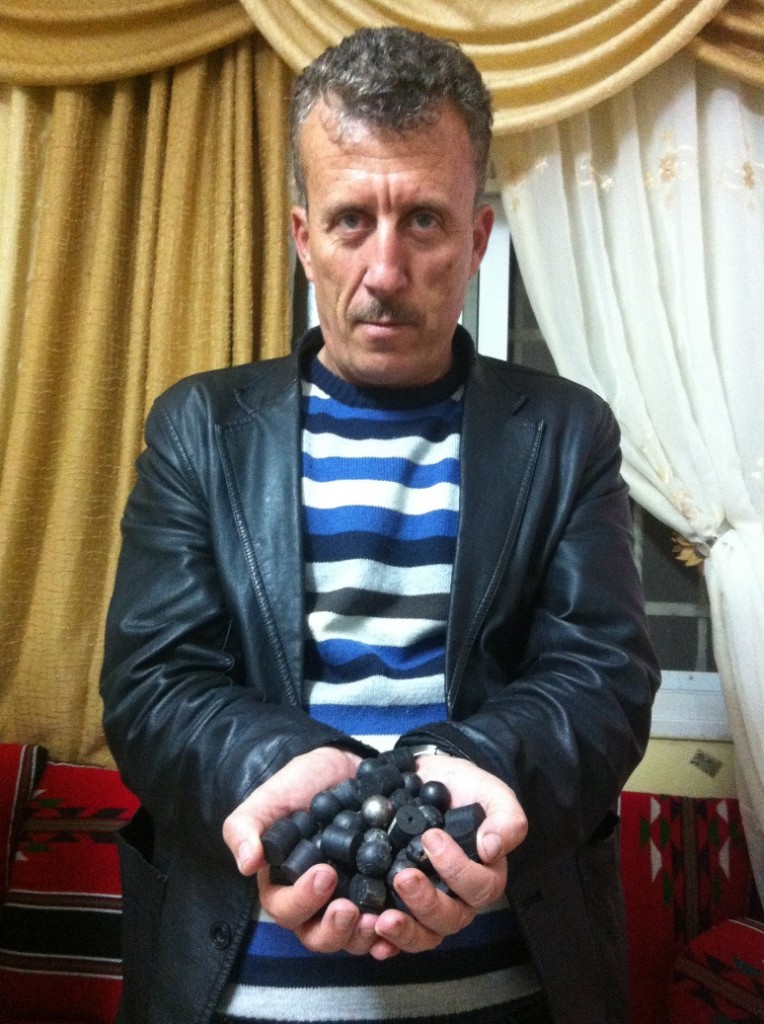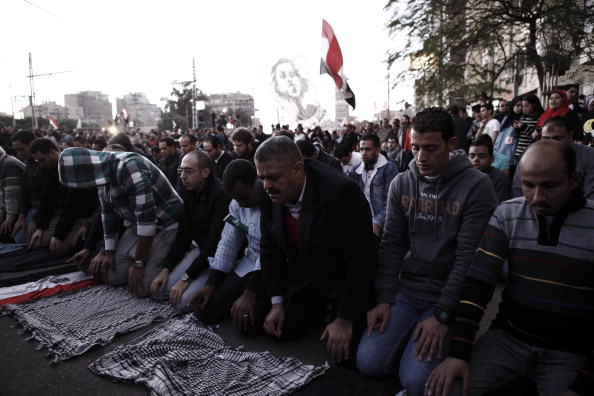
Over two dozen people were arrested in raids against media critical of Turkish president. (OZAN KOSE/AFP/Getty Images)
A wave of arrests Sunday morning shook Turkey and made headline news throughout the world. The arrests, which are part of a broad campaign against the Gülen Movement, were hardly a surprise. A twitter user had leaked information about it some days in advance, it was preceded by some typically fire-breathing speeches by Turkish President Recep Tayyip Erdoğan, and the Istanbul Prosecutor’s office issued a press release before the arrests were made. In total 27 people were arrested, including a number of journalists and media figures.
Along with other human rights organizations, Amnesty has called on Turkish authorities to release those arrested yesterday unless authorities can produce “credible evidence that they have committed a recognizably criminal offense.” SEE THE REST OF THIS POST





